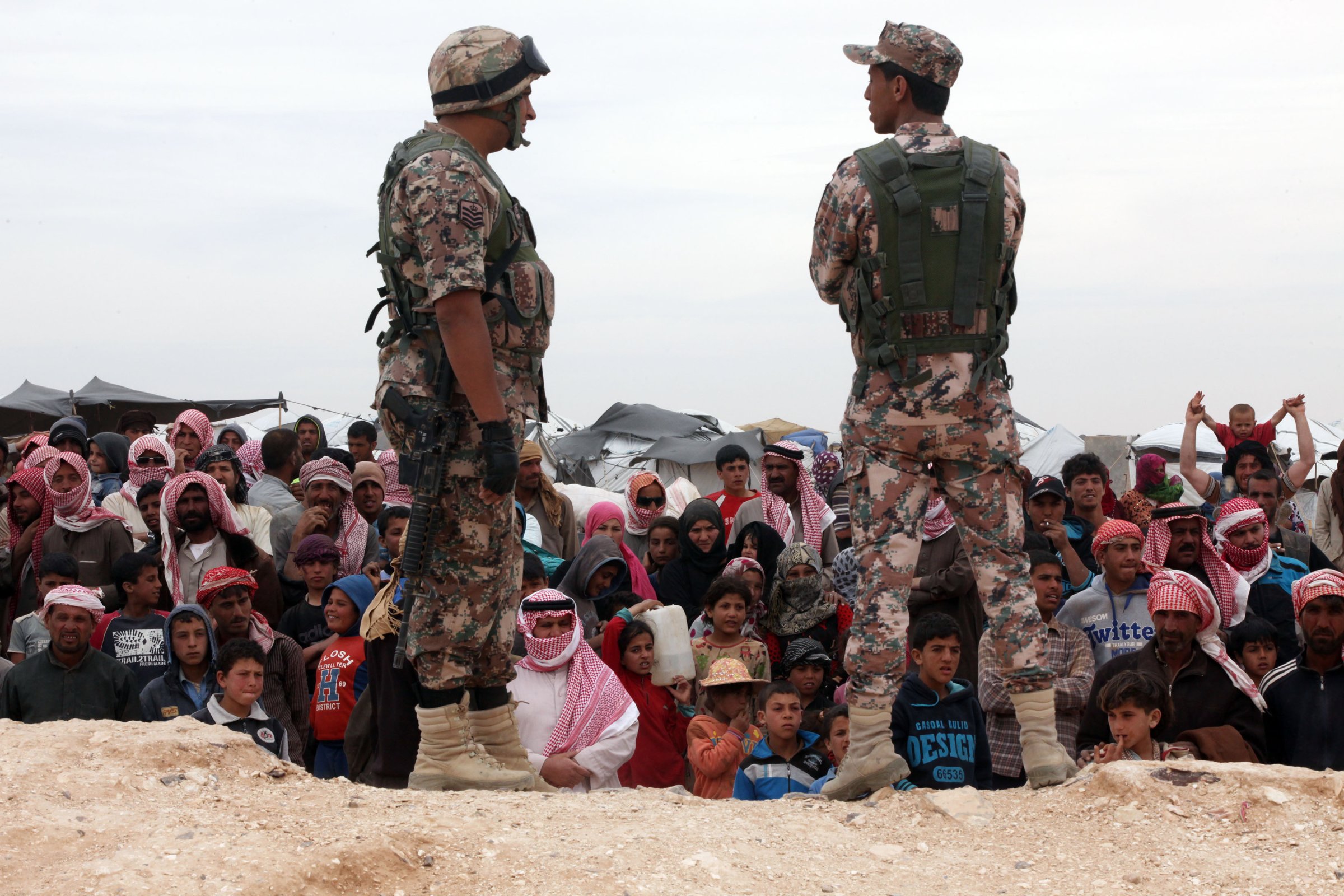
The numbers are staggering: globally, nearly a quarter of a billion people live in a country other than their place of birth, an increase of 41% from 2000 to 2015. That number includes more than 21 million refugees—often vulnerable, dissatisfied and volatile. Given the geopolitical turmoil around the world, this migration will only increase, putting pressure on more stable societies and posing an enormous policy, humanitarian and security challenge. What should the global community be doing about it?
First, we should closely examine the underlying causes of this migration—especially the flow of refugees. While the primary driver of global migration is the search for a better economic situation, concerns over physical security are often the catalyst for undertaking long, expensive and dangerous journeys. The biggest hot zone for forced migration today is the eastern Mediterranean. Driven by extreme violence and chaos in Syria and almost equally terrible conditions in parts of equatorial Africa, more than a million people reached Europe in 2015. Another key zone that receives less attention is Central America. There we see women, children and families fleeing El Salvador, Guatemala and Honduras—the so-called Northern Triangle, which is among the most violent regions in the world. Many end up in Mexico, although a declining portion continue on to the U.S.
Second, in addition to focusing on root causes in these launch countries, we need an international approach to dealing with these challenges. Ensuring that our partners here in the Americas and our allies in Europe are creating consolidated approaches to the challenges is key. Controlling the flow of migrants, caring for them in humane ways and fairly judging whether they qualify as refugees requires a team effort.
Third, we must apply both resources and technology to these challenges in creative and innovative ways. This means increasing the size and training of civilians who work in the U.S. Border Patrol, the E.U. border service Frontex and similar organizations. They need the latest tools: unmanned and remotely piloted vehicles for land, sea and air; big data and artificial intelligence to analyze flows and patterns; and seismic and acoustic sensors to detect the passage of carrier platforms at sea and on land. And in both the U.S. and in Europe, interagency cooperation must trump stovepipes and competition between organizations.
Fourth, both nongovernmental organizations and the private sector have key roles to play. The International Committee of the Red Cross, the U.N. organizations focused on migration and refugees, and big private charities should convene a summit alongside governments and private-sector entities to address solutions and ideas for coping with the flow of migrants and improving conditions in launch nations.
Fifth, there is a real security dimension to deal with. We cannot ignore the danger that some extremists may slip into these migrant and refugee streams, as has already occurred in Europe. We should use biometrics, monitoring of social networks and the cybersphere, and our militaries to help control the security dimension. Done right, we can reduce risk to a minimum.
Finally, and most important, we need to hold to our values. In this season of hyperbolic elections in both the U.S. and Europe, it is all too easy to lose sight of the most critical reasons for dealing with migration humanely and judging refugee states fairly. On the Statue of Liberty, carved in granite, it says, “Give me your tired, your poor, your huddled masses yearning to breathe free.” We can best live up to that promise with an intelligent plan centered on international cooperation, interagency integration and private-public cooperation. Idealism needs a good plan, and migration today is a powerful global crisis drifting without one.
More Must-Reads from TIME
- Cybersecurity Experts Are Sounding the Alarm on DOGE
- Meet the 2025 Women of the Year
- The Harsh Truth About Disability Inclusion
- Why Do More Young Adults Have Cancer?
- Colman Domingo Leads With Radical Love
- How to Get Better at Doing Things Alone
- Michelle Zauner Stares Down the Darkness
Contact us at letters@time.com